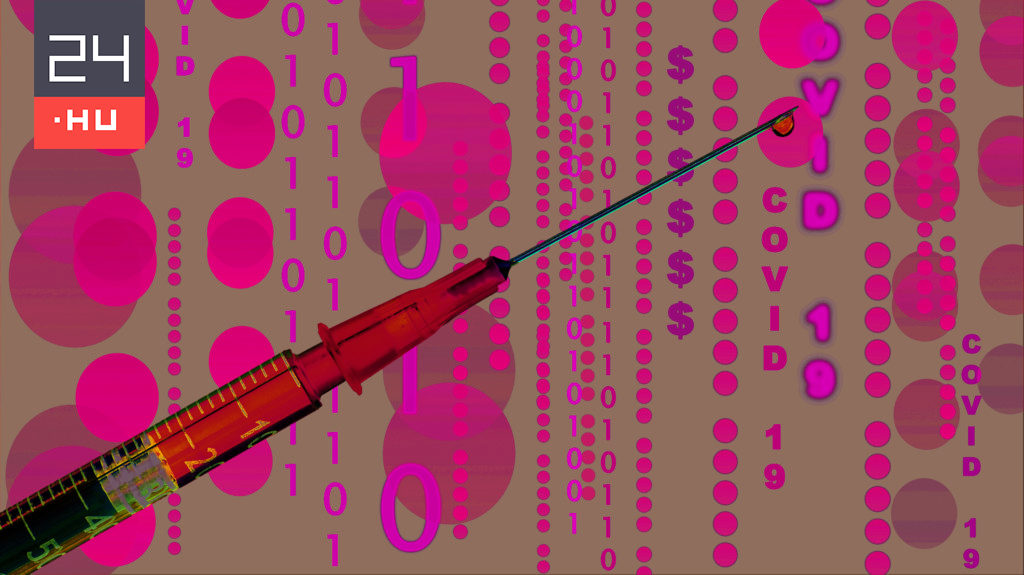Cybercriminals are constantly looking for new ways to steal user data and it is usual that you always use some topical topics due to people’s sensitivities. Unsurprisingly, scam campaigns linked to the coronavirus proliferated last year, but Kaspersky’s latest report on spam and phishing said the first quarter of this year still didn’t slow down. on the vaccination process.
Fraudulent vaccination emails arrive all over the world
Kaspersky experts have come across many phishing sites distributed by scammers around the world. In addition to the spam emails, recipients were invited to get vaccinated, take part in a survey, or be diagnosed with the coronavirus. For example, some users in the UK received an email apparently sent by the country’s health authority, the NHS. The recipient was invited to vaccinate, but to do so, he first had to confirm his intention to vaccinate by following a link.
To book an appointment for vaccination, the user had to enter his personal data along with his credit card details on a form. By doing so, of course, he handed over his financial and personal information to the attackers well.
Surveys are also worth paying attention to
Another way to access users’ personal data is through false vaccination surveys. Scammers sent emails on behalf of major pharmaceutical companies that produce coronavirus vaccines, asking recipients to participate in a short survey. All participants were promised a gift for participating in the survey. After answering the questions, the victim was redirected to a page where the gift could be selected. To receive the gift, users had to fill out a very detailed form in which they had to provide their personal data. In some cases, the attackers demanded a token amount for delivery.
Kaspersky experts have also found spam emails that provide services on behalf of Chinese manufacturers. The emails offered products to diagnose and treat viral infections, but the focus was on selling needles.
In 2021, we can see the continuation of the 2020 trends. Cybercriminals are still actively using the coronavirus theme to deceive potential victims. After the coronavirus vaccination programs were launched, scammers started using the vaccination process as bait. We should not forget that although the offers may seem very favorable, the probability of a successful transaction is zero. The user can avoid data or even lose money by being careful with online promotions.”
It is to explain Arpad Tooth, Director of Kaspersky in Hungary.
According to Kaspersky’s recommendations, users can avoid becoming a victim of fraud in the following ways:
- They are skeptical about unusually generous offers and promotions!
- Make sure the messages are from trusted sources.
- Don’t follow links in suspicious emails, instant messaging apps or social networking chats!
- Check the authenticity of the sites you visit!
- Install a security solution with an updated database that already knows the latest phishing and spam sources!























![It actually has great animation [VIDEO]](https://thegeek.hu/wp-content/uploads/sites/2/2024/05/thegeek-Kingdom-Come-Deliverance-2-1.jpg)


















